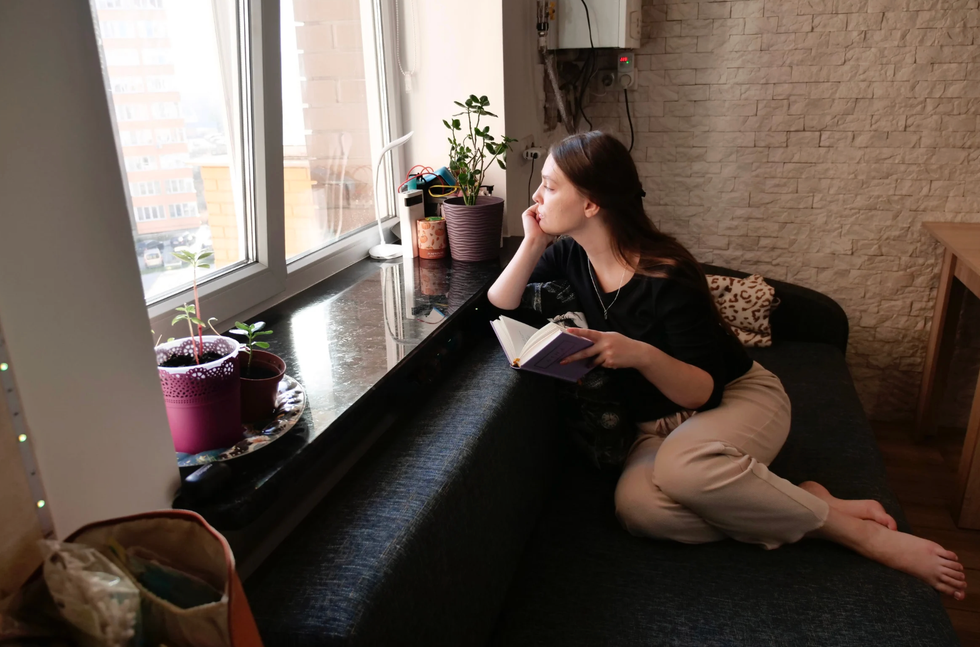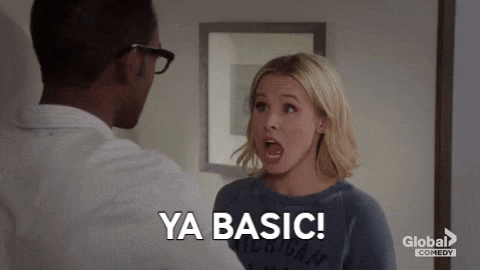The desire to protect the natural world has no boundaries, be it age, race, nationality, or financial means—so it is fitting that one of the United States' greatest advocates of protecting its natural beauty is an 84-year-old gentleman from Switzerland.
He is Hansjorg Wyss—a Swiss billionaire who, in October 2018, announced that he would donate $1 billion, or 16% of his total fortune, to saving the planet. With one million species at risk of extinction, according to a ground-breaking 2019 United Nations report, it couldn't come at a more crucial time.
In an op-ed for the New York Times, Wyss penned a passionate declaration of support for our shared planet. "Every one of us—citizens, philanthropists, business and government leaders—should be troubled by the enormous gap between how little of our natural world is currently protected and how much should be protected. It is a gap that we must urgently narrow, before our human footprint consumes the earth's remaining wild places," Wyss wrote. "For the sake of all living things, let's see to it that far more of our planet is protected by the people, for the people and for all time."
Specifically, he plans to deploy the fund over 10 years to help conserve 30% of the Earth in a natural state until at least 2030 by turning lands and waters into national parks and conservatories. Before then, Wyss had donated more than $450 million to support environmental projects across Africa, Europe, and America.
In the late 1950s, as a young graduate student from Switzerland, Wyss took a summer job with the Colorado Highway Department. In his free time, he explored, climbed, and camped in the wilds of the Rocky Mountains. Speaking of his youth, Wyss recalls:
"I first came to the United States as a graduate student in 1958 and took a summer job as a surveyor with the Colorado Highway Department. On weekends and in my free time, I would camp, climb, and explore the Rocky Mountains. I vividly remember Longs Peak, for example, where I traveled before returning to Switzerland. The Swiss Alps where I grew up are beautiful, but so much of the American West still seemed so wild and untouched. In Europe, many natural areas are privately owned, developed, or otherwise off limits to the public. But I was struck by the fact that America's natural wonders are protected as public lands; they are open to everyone to experience. I came to love and admire the conservation ideal that is embodied by America's national parks, national forests, monuments, and wildlife refuges, and I have spent much of my adult life working to conserve wild places as public lands."
That summer deepened an enduring and profound relationship between Wyss and the natural world. As years passed, Wyss forged his own enormous fortune in founding a medical research and design company, Synthes, headquartered in Pennsylvania, whose products have helped millions of patients recover from skeletal and soft tissue trauma and injuries.
Despite his success in the bio-medical field, Wyss never strayed from his commitment to the natural world. Upon becoming extraordinarily wealthy, Wyss became one of the world's foremost philanthropists. Between 2004 and 2008, Businessweek estimated that Wyss personally donated nearly US$277 million. His giving has increased since the sale of Synthes in 2012, when Wyss sold his company to Johnson & Johnson for $20.2 billion in cash and stock. In 2013, alongside Warren Buffet, Bill Gates and others, he signed The Giving Pledge, committing to donate the majority of his fortune to charitable causes.
Wyss's support of conservation has focused on protecting and providing public access to many of the American West's extraordinary natural wonders, including Montana's Crown of the Continent, Atlantic salmon spawning grounds along the Penobscot River in Maine, the San Gabriel Mountains National Monument and Stornetta Public Lands in California, Wyoming's Hoback Basin, and lands along the Hoh River in Washington, to name a few.
Last year, the foundation donated an undisclosed sum to the Trust for Public Land, a U.S. nonprofit, so it could buy and retire oil and gas leases on more than 24,000 acres in Wyoming. He has also given away an additional $40 million to land preservation outside of his foundation's efforts. In October 2018, when he pledged $1 billion toward conservation, he said that the funds would go to land and ocean conservation to protect 30% of earth's surface by 2030. As part of Wyss' ambitious plan, his foundation has launched public awareness campaigns and has committed $48 million to conservation organizations in the U.S, Argentina, and Zimbabwe.
It is estimated he has helped permanently protect more than 27 million acres of land in the United States and around the world.
Speaking of his motivation, Wyss states "This is an important time… We need to embrace the radical, time-tested and profoundly democratic idea of public-land protection that was invented in the United States, tested in Yellowstone and Yosemite, and now proven the world over. For the sake of all living things, let's see to it that far more of our planet is protected by the people, for the people and for all time."

















 Tow truck towing a car in its bedCanva
Tow truck towing a car in its bedCanva  Sad woman looks at her phoneCanva
Sad woman looks at her phoneCanva  A group of young people at a house partyCanva
A group of young people at a house partyCanva  Fed-up woman gif
Fed-up woman gif Police show up at a house party
Police show up at a house party 
 A trendy restaurant in the middle of the dayCanva
A trendy restaurant in the middle of the dayCanva A reserved table at a restaurantCanva
A reserved table at a restaurantCanva Gif of Tim Robinson asking "What?' via
Gif of Tim Robinson asking "What?' via 

 An octopus floating in the oceanCanva
An octopus floating in the oceanCanva


 A woman relaxes with a book at homeCanva
A woman relaxes with a book at homeCanva An eviction notice is being attached to a doorCanva
An eviction notice is being attached to a doorCanva Gif of Kristen Bell saying 'Ya basic!' via
Gif of Kristen Bell saying 'Ya basic!' via